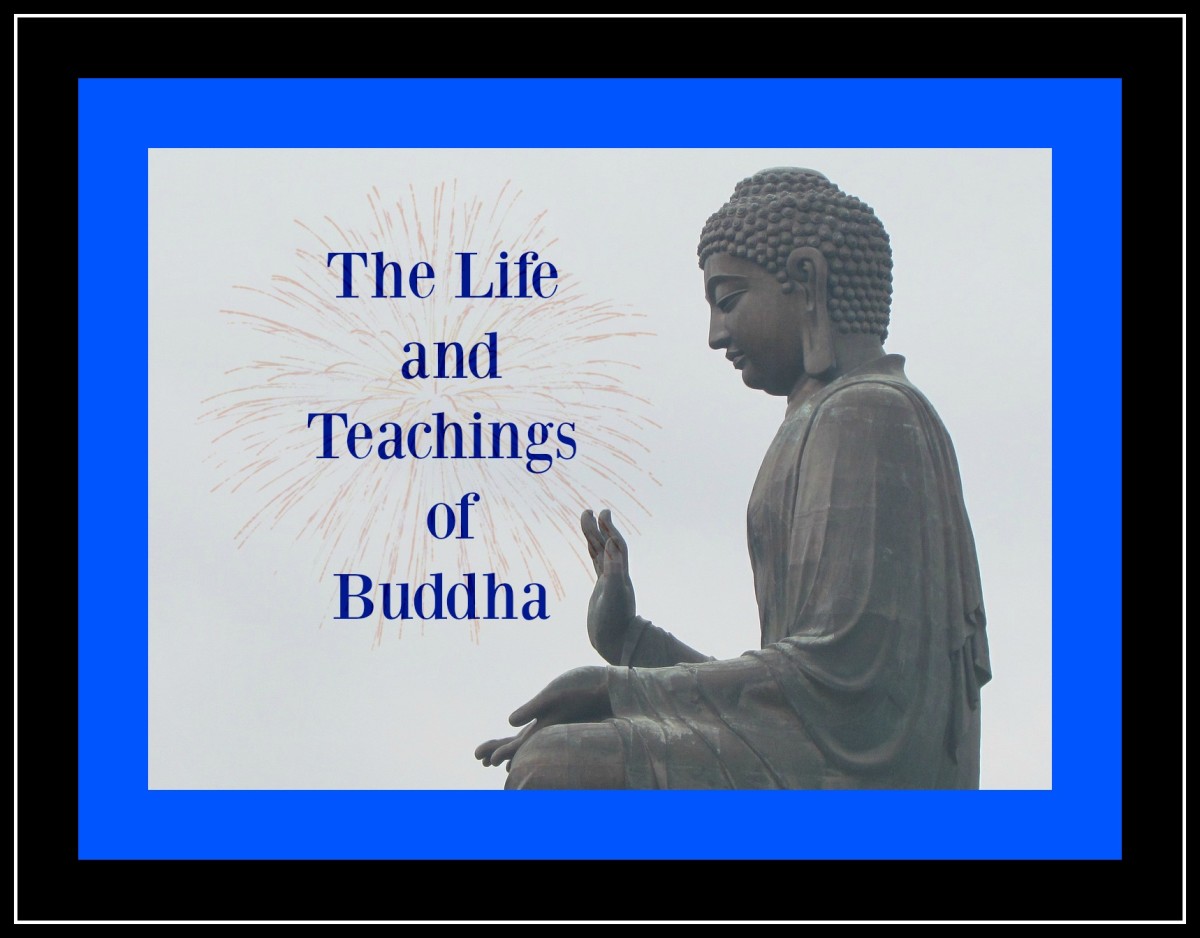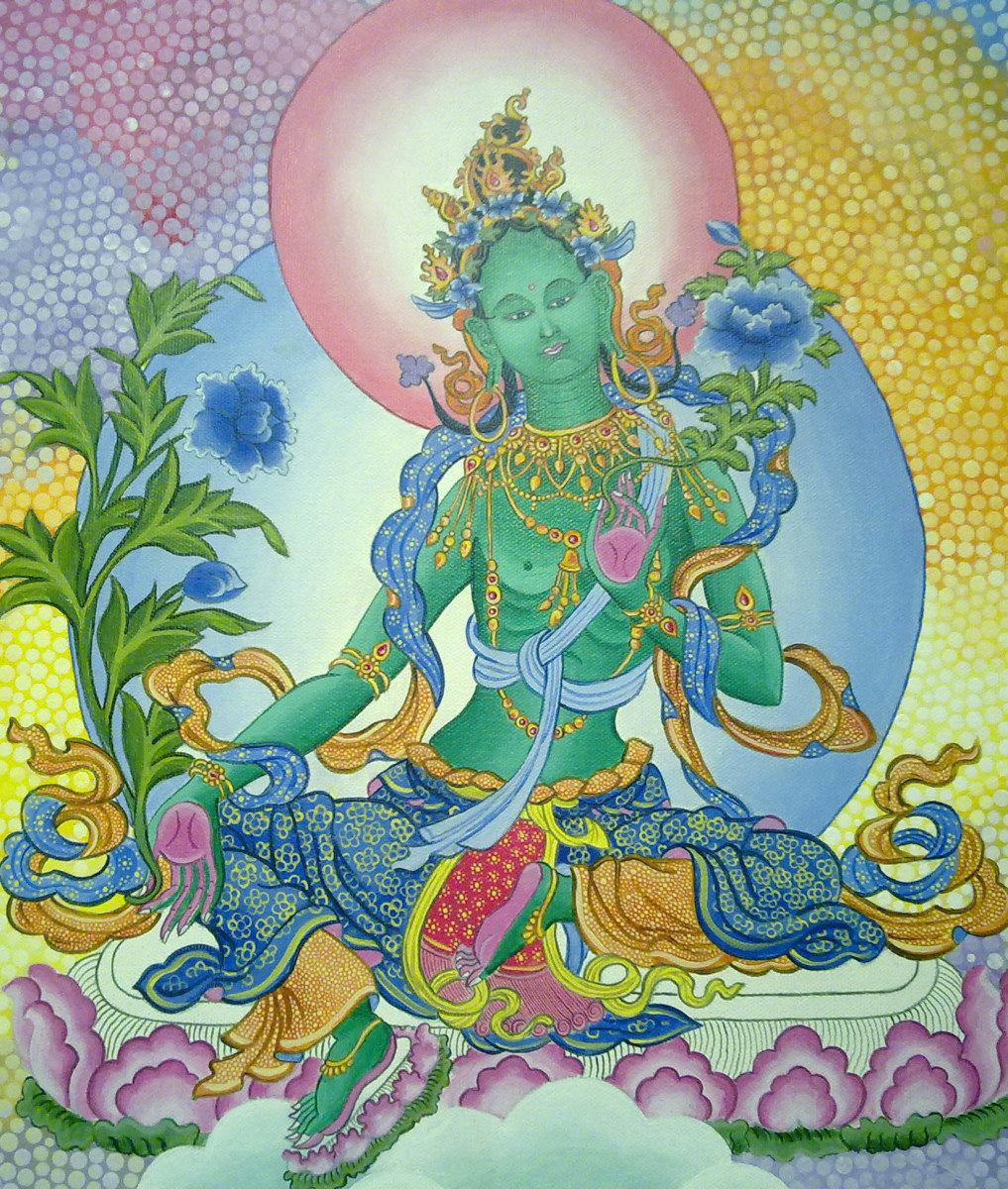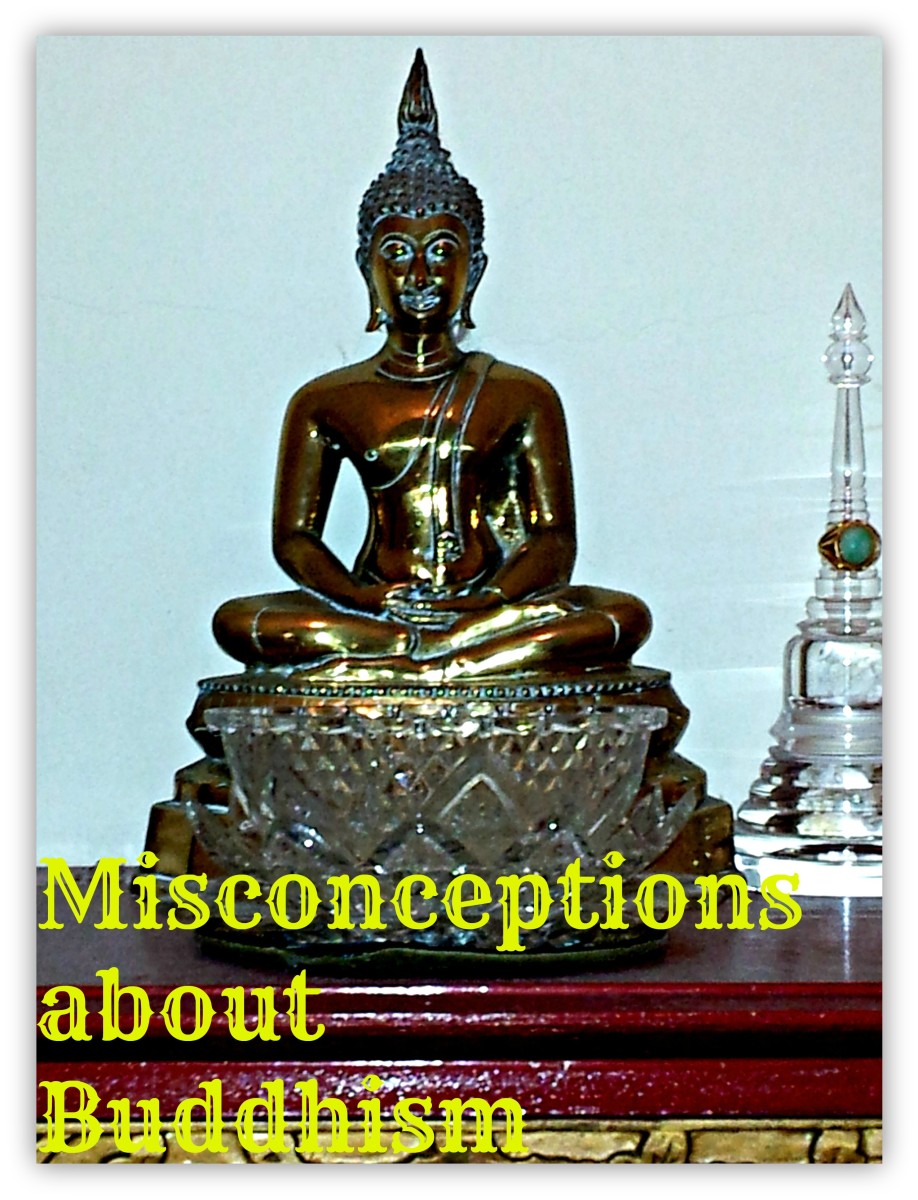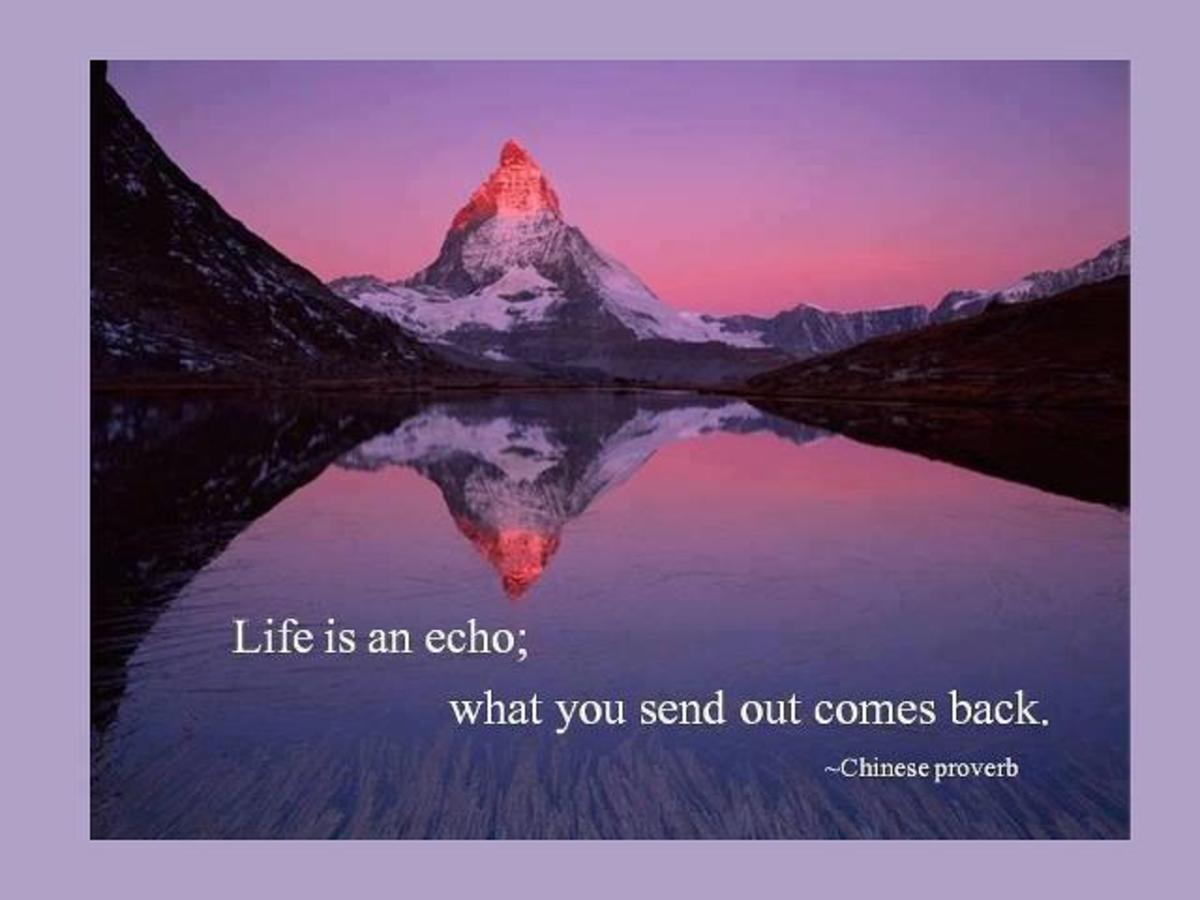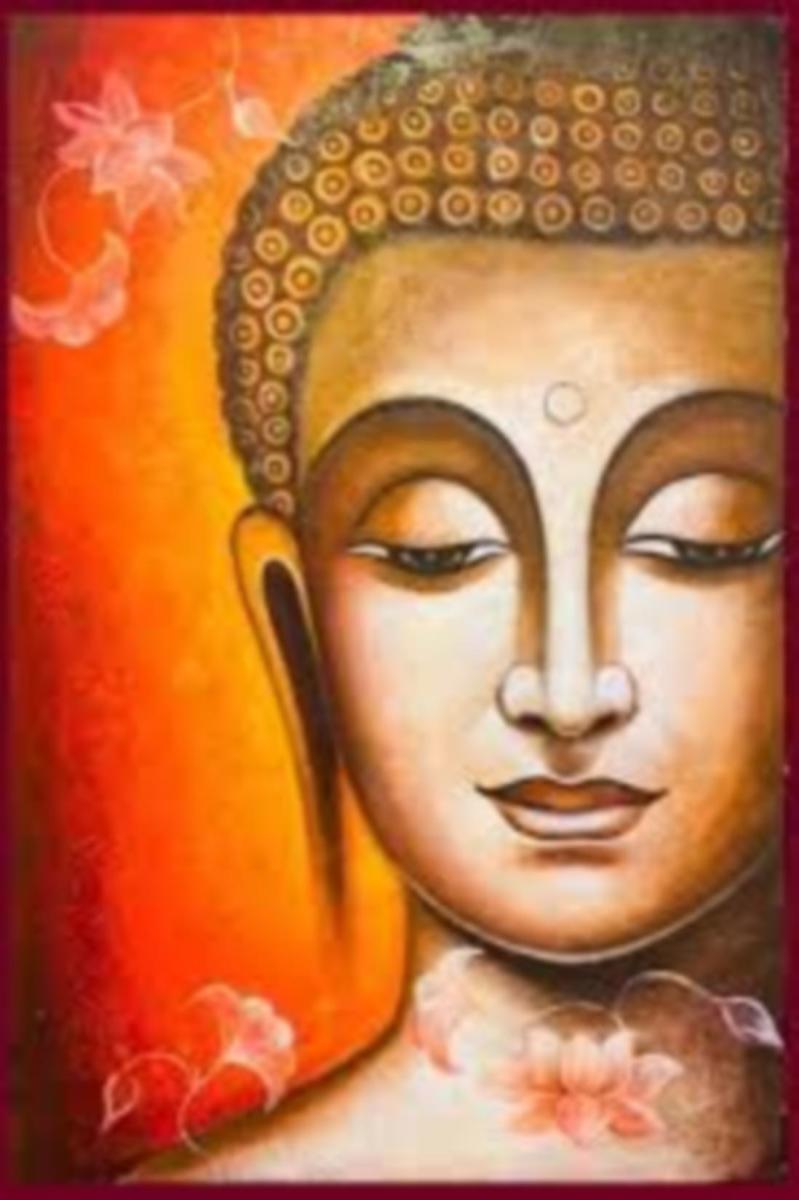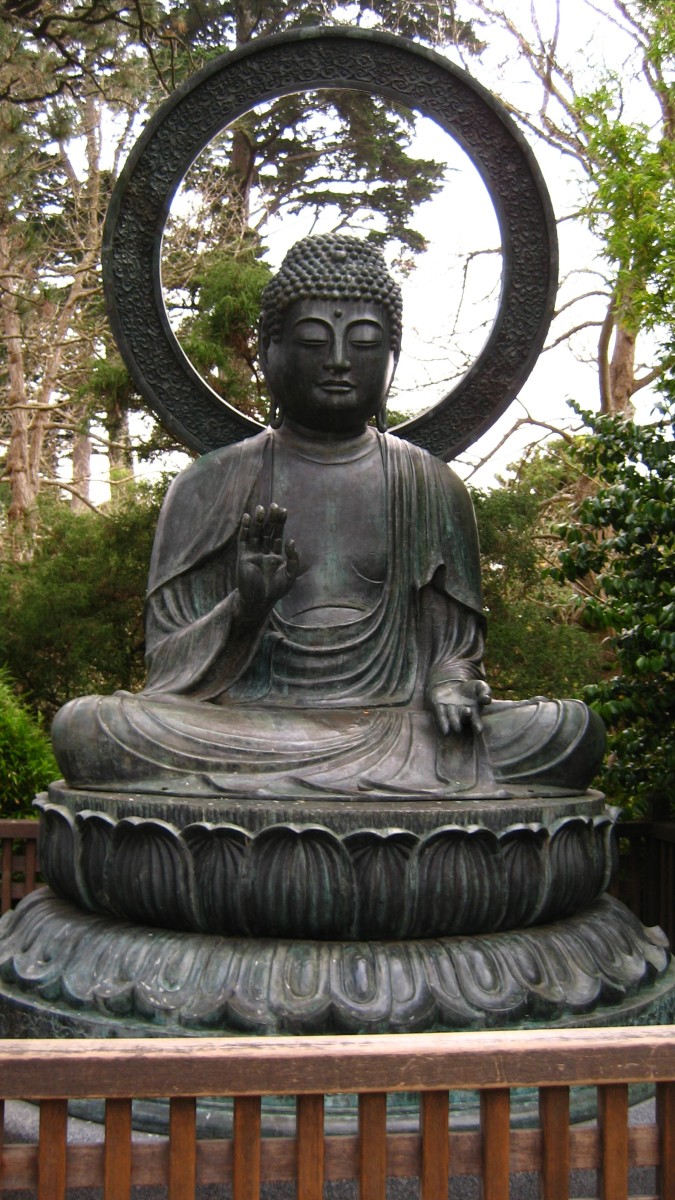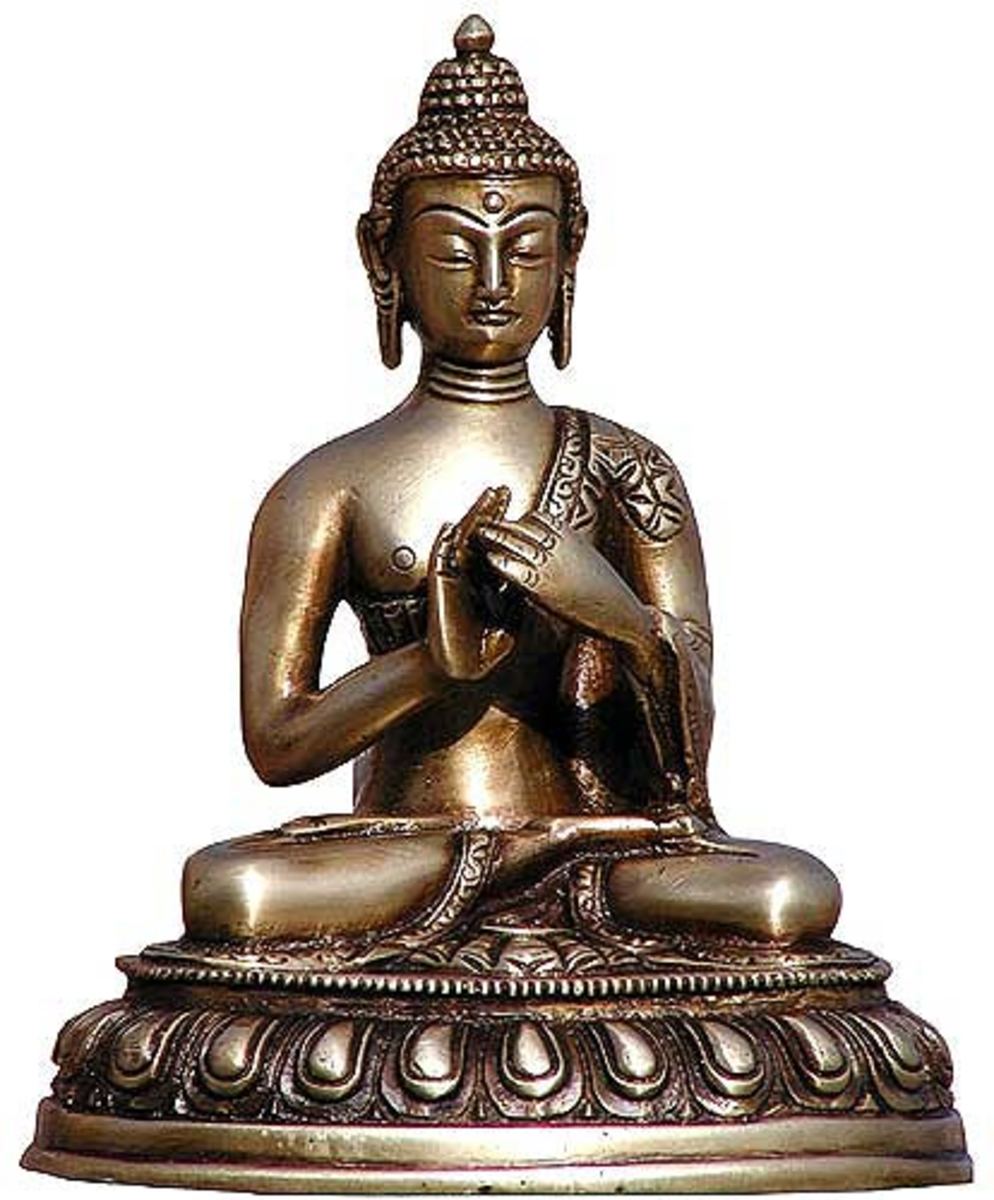The Heart of Buddhism
Buddha | Buddhism
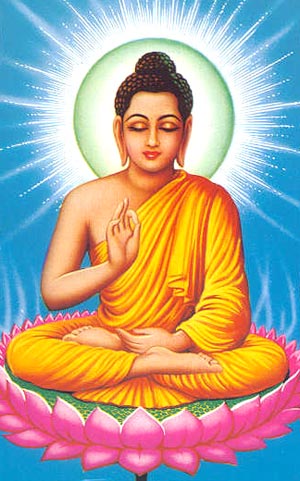
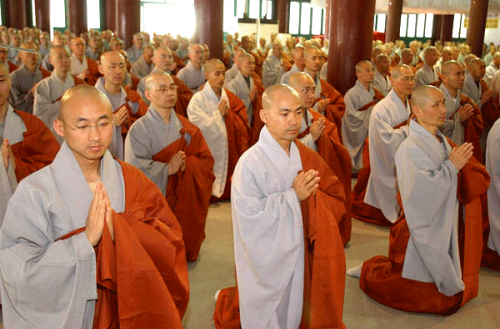
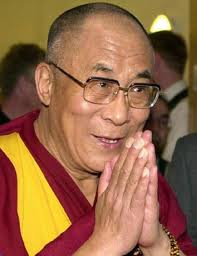
The Essence or Spirit of Buddhism
When I was in high school I read over 50 books on Buddhism. I called myself a Buddhist. I loved reading non-fiction books. I also read a lot of books on the Christian religion and books about Catholic saints.
The high school that I went to had the largest high school library in the country. It (Central High School in Philadelphia) is the only high school in the country that gives students an honorary Bachelor of Arts degree. The webpage above on Wikipedia says:
Central, the second-oldest continuously public high school in the United States, was founded in 1836 and is a four-year university preparatory magnet school.
Now here is an interesting story about 'coincidences'. Decades later I was going to a vegan party in Philadelphia that was at a pizza place that had just started selling vegan pizza a few years ago. I was looking on Facebook to see others that were going to see if I knew anyone. Then I saw this woman, Jen, that looked like she was in her 20s.
She was a Buddhist that had been to Japan and she also practiced martial arts. That describes me when I was 17 years old. So I emailed her and she emailed me. Then we started instant messaging (IM) each other. She was only 17 and summer just started so she did not have to go to school until the summer ended.
Almost all the first IM contacts were made by her and I just stopped what I was doing. We were only friends, nothing more. So during that summer, we IMed each other for about 50 hours a week. It was like I was an older version of her and we were best friends. I wrote this article December 4, 2013.
When I was reading about the Catholic saints there was a lot of information about how they practiced meditation. Also years ago an article said that the Pope meditated everyday. It is said that the best book on Buddha is this Chinese book and I read an English translation of it.
The story is that He was a prince (Siddhartha Gautama) and the king was given a prophecy that his son would be a great king or a great spiritual master. So the king tried to hide suffering from Him. But at some point He came across someone that was very sick and diseased. He asked about this and they told him that this happens to some people.
Then later he came across someone that was very old. So He asked about this and if it is a disease that happens to some people. They told Him that everyone eventually becomes old. Then later He came across someone that was dead and asked about this. They told Him that this happens to everyone.
So He was very upset about this suffering and He left His pregnant wife to go in search for the cure to sickness, old age, death and suffering. Please note that just like no 2 Christians would agree on every Christian bellief, no 2 Buddhists would agree on every belief. Now He became the Buddha that means 'awakened one' or 'enlighten one' or 'one thus gone' because He had found the cure to these things!
So the essence of Buddhism is to get to a 'place' where there is no suffering while still alive.
How Does Buddhism View the Belief in God
They consider it not to be important or matter. If there is no God then it does not matter. If there is a God, then He is perfect and does not need to do anything or change or improve. It is the human being that needs to change and improve
Christians do not ask God to meditate to help Him. Christians (at least the Catholic saints) meditate for themselves. So people do not want to suffer and want to be happy. I have the book, The Art of Happiness, by Dalai Lama XIV. It says:
The purpose of life is to be happy.
Happiness is determined more by one's state of mind than by external events.
Love and compassion are necessities, not luxuries. Without them, humanity cannot survive.
Buddhism Has The Four Noble Truths
Now I will explain these simply and clearly. Remember that the goal of Buddhism is to 'cure' or get rid of suffering and to be supremely happy. Now everyone can agree (unless they are insane) that they want to be happy and do not want to be depressed. Also no one complains that they are too happy-- the happier, the better.
1. There is suffering. Please note that some Buddhists disagree on the translation of the Indian word used. So let us call this what you do not want to feel.
2. There is a cause of this suffering. [some define this as ego or the sense that you are separate]
3. There is a way to get rid of this cause and end suffering.
4. I have that way.
Now reading is to give you ideas that you can think about or believe or remember. But the most important practice to Catholic saints and Buddhists is meditation. You can say that by meditating you get to know yourself. Socrates lived around the time of Buddha. Socrates said "Know thyself" and he was talking about the soul or original self.
When I was around 7 years old I was asking my Jewish mother what the purpose of life was since it does not matter what we do since in the end we die. She said that she did not know. Then I was reading a book that says that a human being (meaning the soul) comes into a human body thinking that he is that body.
He does this lifetime after lifetime and he suffers by identifying himself as the body. But the goal of human life is for someone to discover that he is not the body but a soul or consciousness or an energy that has no beginning or end and this Self is Divine. This Self is in a state of supreme happiness that cannot be imagined but can be felt or experienced.
So this was from a book on the philosophy of yoga. Wikipedia used to say:
In all branches of yoga, the ultimate goal is the attainment of an eternal state of perfect consciousness.
Now people like to get caught up in words like enlightenment, nirvana, perfect state of consciousness, soul, energy and whatever. For example the Scientologists will call the soul a thetan but claim that it is different. They believe in past lives but not reincarnation. So the heart or essence or spirit is not about the words.
Why Did Buddhism Become Popular in the Countries Around India But Not India
Now a simple way to describe Buddhism is to say that it is about being a person that does unto others what he would want done unto himself and he also does meditation. The purpose of Buddhism is to change the consciousness or cause the consciousness to evolve so the person feels more and more peace, love and happiness and less of the emotions that people do not like to feel.
This is about feelings not thoughts or ideas. Feeling happy or depressed is very different than thinking about these things. To look at this in a metaphysical way is to say that inside of a person is the original self that is perfect and in supreme happiness. But also inside of the person is this stuff that is covering up the true or original self. Doing meditation gets rid of this dirt that is covering up the diamond that you are.
This dirt that is inside of you comes from bad a actions that you do and that is where karma comes in. Doing good deeds helps to get rid of this dirt and doing bad things creates more of this dirt. What is good and bad? See above where I use the words of Jesus Christ (Do unto others as you would have them do unto you).
Also note that when bad things happen to you it is not a punishment. It is so you can understand how you made someone feel when you did it to them. Also this removes that dirt that was created in you when you did it to someone else. So enjoying yourself feels good but does not do anything for your spiritual self, but suffering does help you to learn.
Here is other terminology to show that words do not matter, Christians would refer to this dirt as sins. Now after Eckhart Tolle went through his change, he started learning Buddhism to use to help others. So his second major book, A New Earth, has a lot of Buddhist parables or stories in it.
Amazon.com sells a book by the same name as this article. Someone was commenting that the beginning of the book is all about bashing the Christian religion. Now there is a story about St. Teresa of Avila (you can only become a saint after you die) where a nun said to her that it must be great to feel so much peace in meditation that it is easy for her. St. Teresa replied "What! Do you think that I am a saint?"
This is a long answer to the above question but please be patient. So in Buddhism they have the Noble Eightfold Path. It consists of right view, right intention, right speech, right action, right livelihood, right effort, right mindfulness and right concentration.
Now people think of yoga as the poses and postures. But that is one part of yoga called hatha yoga. There is also raja yoga (raja means king) which is meditation and the king of yoga. There is also karma yoga (helping others) and more. Bhakti yoga is devotion to God or a spiritual master like Jesus or Buddha. What about reading a holy book like the bible? That is Jnana yoga.
So the main book of yoga is Patanjali's Yoga Sutras. A sutra is a precept summarizing Vedic teaching. (Vedic-- of or relating to the Veda or Vedas). It has the Eight Limbs. The first is yama that are like right actions including nonviolence and nonstealing. The second limb is niyama that is like self-discipline. Here is a link to it: The Eight Limbs.
The third limb is asana. These are the postures or poses (asanas) in hatha yoga that people identify as yoga. There are jokes like "get off of your asana." The fourth one is pranayama that refers to breathing. Please note that Buddhists also breathe. Eckhart Tolle says that one way to help you to be in the present is to follow your breathing. Breathing can be under conscious and unconscious control.
The fifth one is pratyahara that is like withdrawing your senses like closing your eyes. The sixth one is dharana, that is concentration. The seventh one is dhyana that is like meditation or contemplation. The eight one is samadhi that is a state of ecstasy.
So let me put this last limb in words that people are more familiar with. The Christians would call it a beatific vision of the soul. Wikipedia says: "In Christian theology, the beatific vision is the ultimate direct self communication of God to the individual person." Also it could be called an experience of heaven.
Do you have to die to feel heaven? According the King James bible 17:21:
Neither shall they say, Lo here! or, lo there! for, behold, the kingdom of God is within you. [kingdom of God refers to heaven]
So if you get into that state of heaven while alive, permanently not temporarily like with samadhi, then that is enlightenment. Now in the Christian religion was there a human being who experienced heaven while alive? Yes, Jesus! So what does this have to do with finding a cure for death? If you are in this state then when you die, you go to where you already are. In other words, you stay in the same place. The physical body, that is not you, dies. But if you feel or experience that you are the soul, the soul never dies.
Now the last one is like what they call the flow experience in Positive Psychology where time stops and you are totally in the present moment. You can call it a taste of enlightenment. But you can feel this many times before you get to the state where you are in it and never come out of it and that is enlightenment.
So they have had yoga in India for over 5,000 years that is before Buddha was born. So that is why Buddhism did not catch on in India. They just added Buddha to one of the many masters that had achieved the perfect state. I even defined enlightenment in the above.
Please note that the yogis do asanas or poses, but the Buddhist monks in the Shaolin temples in China do kung fu or martial (fighting) arts. Positive psychology says that both yoga and martial arts are excellent at helping to feel the flow experience. At age 12 I started doing yoga, Chinese Kenpo karate and tai chi. Tai chi is described as meditation in movement.
Was Milarepa a Buddhist or a yogi? Here is what Wikipedia says about this:
Jetsun Milarepa (Tibetan: རྗེ་བཙུན་མི་ལ་རས་པ, Wylie: Rje-btsun Mi-la-ras-pa), (c. 1052 – c. 1135 CE) is generally considered one of Tibet's most famous yogis and poets. He was a student of Marpa Lotsawa, and a major figure in the history of the Kagyu (Bka'-brgyud) school of Tibetan Buddhism. [A yogi that is a major figure in Buddhism].
The oldest writings known to man are the Indian writings of the the Veda and Upanishads. The Veda is like rituals that religions love like in Hinduism. The Upanishads are about the ultimate truth. One of the Upanishads is the Katha Upanishad where a boy has a discussion with the grim reaper or death.
The Katha Upanishad says:
They say yoga is this complete stillness
In which one enters the unitive state,
Never to become separate again.
If one is not established in this state,
The sense of unity will come and go.The Self cannot be known by anyone
Who desists not from unrighteous ways,
Controls not his senses, stills not his mind,
And practices not meditation.
This describes both the Noble Eightfold Path and the Eight Limbs. Do not get caught up in the words. 'Come and go' is about the feeling of samadhi. Never to become separate again is enlightenment. In this state the ego does not exist. That person is one with the Self (the Self is capitalized since it is Divine). It is also God. So you are also one with the universe. Yoga means "to join."
I also read over a hundred books on psychology. There are many psychologists that are Buddhists. Sigmund Freud described an "oceanic feeling" as a sense of limitless and unbounded oneness with the universe. He guessed that it had something to do with how a person felt in the womb and was a fetus and had no ego. So that is how an adult could feel it.
An Ancient Indian book called the Astavakra Gita (Song of the Self Supreme) says at chapter 2:16:
Truly dualism is the root of suffering. There is no other remedy for it than the realization that all this that we see is unreal, and that I am the one stainless reality, consisting of consciousness.
So what is dualism? It is the feeling that there is you and other people and things. It is the opposite of feeling one with the universe. In the book The Prophet, Kahlil Gibran, has the prophet talking to people about love, friendship, marriage, work and other things. Someone asks him to speak about God. He replies "Have I spoken of ought else?" As a teen I read lots of books on chemistry since I wanted to be a chemist like my Uncle Bernie. His wife was a chemist. I worked as a chemist for the U.S. federal government.
The story of where human beings came from is similar in yoga, Hinduism, Buddhism and Scientology. At one point all that existed was God, Oneness or pure consciousness. Then God divided Himself into different parts to see what it is like to not be infinite and limitless. It is hard to explain or comprehend this.
Christians do not say that Jesus was enlightened, but they do say that He was one with God (the goal of yoga). Buddhists say that Buddha was enlightened but not that He was one with God. Is it possible for both of these to be the same thing? Is it possible for people that do not believe in God to believe in one consciousness that is shared by many?
I have another article called Is the Key to Happiness Being in the Present Moment. This talks about this idea of being in the present as made popular by Eckhart Tolle. But Eckhart Tolle learned Buddhism to help him explain this idea to others. His book, A New Earth, has many Buddhist stories in it. Is an enlightened person totally in the present moment?
Also there are quotes about this idea from Buddha, Kahlil Gibran, a prominent psychologist, Abraham Maslow and more. It has some cool quotes from Eckhart Tolle like:
Being spiritual has nothing to do with what you believe,
and everything to do with your state of consciousness.



